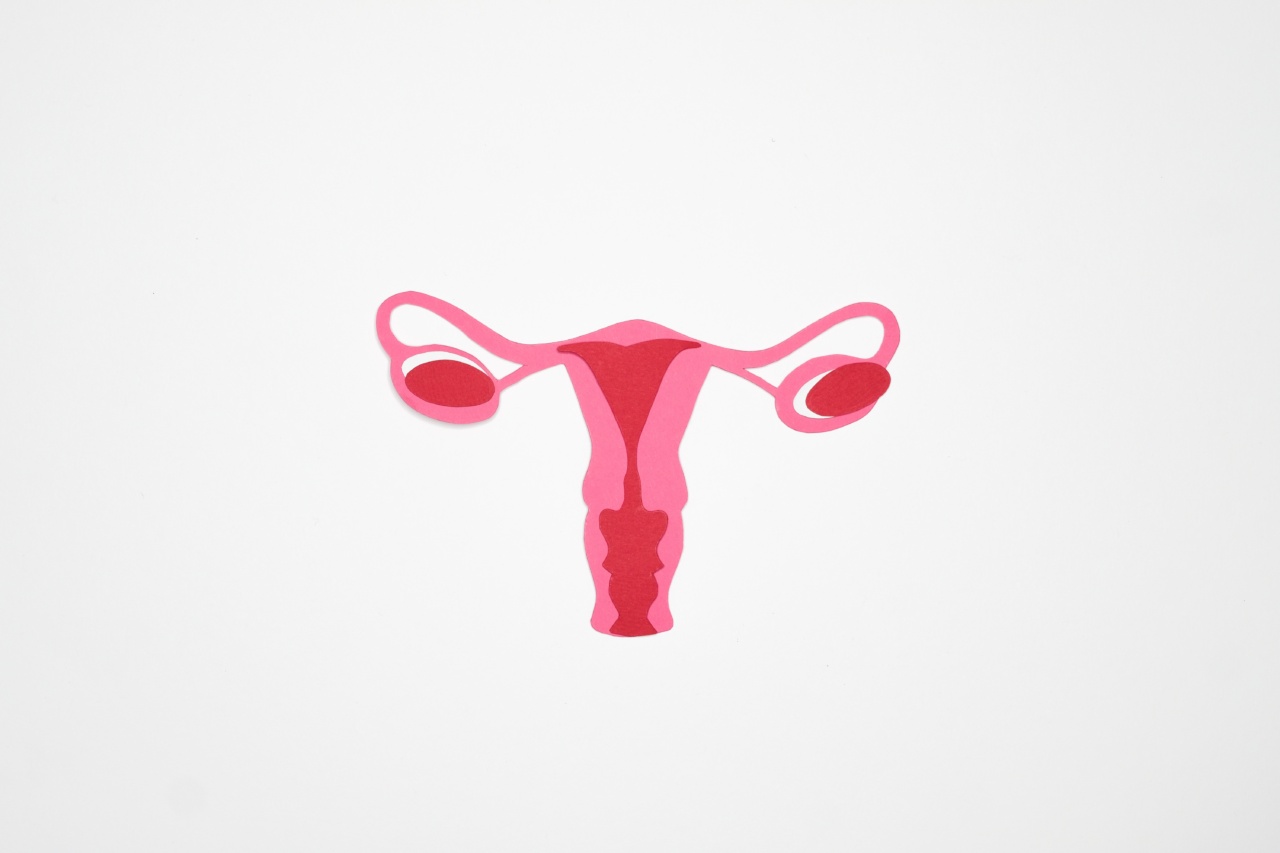Polycystic Ovary Syndrome (PCOS) is a condition that affects women’s hormone levels. It is characterized by the presence of multiple cysts in the ovaries, which can lead to infertility.
Women with PCOS may also experience irregular periods, weight gain, acne, and excessive hair growth. If you have been trying to conceive without success, PCOS may be the cause. Here is what you need to know:.
Symptoms of PCOS
PCOS symptoms can vary from woman to woman, but the most common ones are:.
- Irregular menstrual cycles
- Excessive hair growth (hirsutism)
- Acne
- Weight gain
- Difficulty losing weight
- Male-pattern baldness
- Darkening of the skin (acanthosis nigricans)
- Pelvic pain
- Infertility
Causes of PCOS
The exact cause of PCOS is unknown, but it is believed to be related to insulin resistance. Insulin is a hormone that helps the body use glucose for energy.
Women with PCOS may be resistant to insulin, which means their bodies have to produce more insulin to keep their blood sugar levels stable. This can lead to the production of more androgens (male hormones) by the ovaries, which can cause the symptoms of PCOS.
Diagnosing PCOS
PCOS can be diagnosed through a combination of medical history, physical exam, and lab tests. Your doctor may perform a pelvic exam to check for ovarian cysts and other possible causes of your symptoms.
They may also check your hormone levels, including testosterone, LH, and FSH. An ultrasound may be performed to look for cysts in your ovaries.
PCOS and Infertility
PCOS is a leading cause of infertility in women. The hormonal imbalances caused by PCOS can interfere with ovulation, making it difficult to conceive.
Women with PCOS may have irregular periods or no periods at all, which makes it difficult to predict ovulation. They may also have high levels of androgens, which can interfere with the development of healthy eggs.
Treatment Options for PCOS
While there is no cure for PCOS, there are several treatment options that can help manage symptoms and improve fertility:.
- Weight loss: Losing weight can help reduce insulin resistance and lower androgen levels.
- Medications: Birth control pills, metformin, and letrozole are all commonly used to regulate menstrual cycles and reduce androgen levels.
- Fertility treatments: Women with PCOS may benefit from fertility treatments such as intrauterine insemination (IUI) or in vitro fertilization (IVF).
Conclusion
PCOS can be a frustrating and difficult condition to manage, especially if you are trying to conceive. However, there are treatment options available that can help improve your chances of getting pregnant.
If you think you may have PCOS, talk to your doctor about your symptoms and available treatment options.




























